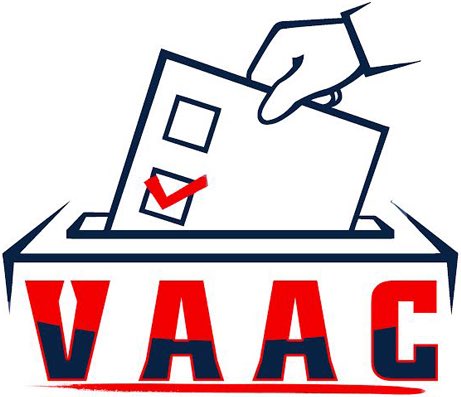People who go through the criminal legal system often feel as if their humanity is being ignored. These feelings are more than justified. Dehumanization is not simply a side effect of incarceration: it is intentional and has been a part of prisons in the United States since the first brick was laid. Prisons in early America were so focused on keeping prisoners isolated and anonymous that they “required inmates to wear hoods whenever overseers moved them around the penitentiary.” While some things have changed, stripping prisoners’ identities remains a main component of incarceration in America.
According to activists like Johnny Perez, “The thing that they take the most, also, is actually your identity.” As the authors of The Roles of Dehumanization and Moral outrage in Retributive Justice point out, “viewing others as lacking core human capacities and likening them to animals or objects may make them seem less sensitive to pain, more dangerous and uncontrollable, and thus more needful of severe and coercive forms of punishment.”
The Humanization Project provides a powerful framework for advocacy
The Humanization Project has been working with the impacted community to reform Virginia’s justice system since 2017. Co-founded by Executive Director Taj Mahon-Haft and his partner Gin Carter while Mahon-Haft was still incarcerated, the organization began by noting that the “human consequence” of policy decisions was often left out of reform discussions. Informed by Mahon-Haft’s experience as a trained sociologist, The Humanization Project used a humanization framework, centered in empathy and common ground, to develop several strategies to change this dynamic, including:
- Using multimedia platforms to curate narratives and impacted person-produced research that provide human faces and voices for issues and connecting those narratives with policymakers, advocates, and the public;
- Using community engagement and direct outreach to educate and inform impacted people and their families on how the legislative process works, what a bill will do, and the processes and procedures of system change;
- Leveraging their intersectionality as impacted advocates to facilitate human-centered discussions across a diverse array of partners in order to build capacity and coalition through commonality and compassion.
Humanizing future advocacy can strengthen reform
While many factors contributed to Virginia’s massive drop in prison population since the COVID-19 pandemic began, the passing of Earned Sentence Credit has played a huge role, as has the use of humanization as a framework for change. The Humanization Project is now applying this same advocacy model to other issues they’ve identified, such as their “Reentry Begins: Day 1 Inside” initiative, which focuses on creating earlier access to programming for people in prison. Currently, people may have to wait months or even years before accessing programming. With the passage of HB5148, earlier access to programming would mean incarcerated people could begin to accrue good time and ultimately become eligible for release earlier as well, further amplifying the success of the changes to earned sentence credit. The campaign is also turning the lens of humanization towards protecting visitation quality and access for those in Virginia’s prisons and their loved ones, an effort that the Prison Policy Initiative’s advocacy department has supported through research.3 Focusing on humanization as a method of advocacy has proven effective in many contexts, and advocates across the country can use it in their own reform work.
Conclusion
Ultimately, the dehumanization force of incarceration serves as a roadblock to reform by disconnecting policymakers from the human experiences of those in prison. Humanization is a framework that uses intersectionality, compassion, and common experience to implement meaningful, sweeping change by countering narratives that too often overlook the people in the policy. As the Humanization Project’s co-founder Gin Carter puts it, “This particular argument has been won with humanity conquering the day. We discuss the human impacts more while stereotypes, dog whistling and fear-mongering win out less often.”
Learn More
- Read the original article about The Humanization Project, by Emmett Sanders, from Prison Policy Initiatve.
- Learn more about good time and other ways to shorten excessive prison sentences in the report, Eight Keys to Mercy.
- Learn how mass decarceration does not make us less safe in Large scale releases and public safety.
